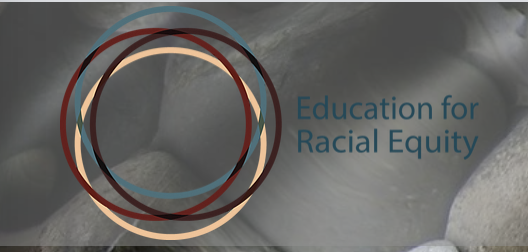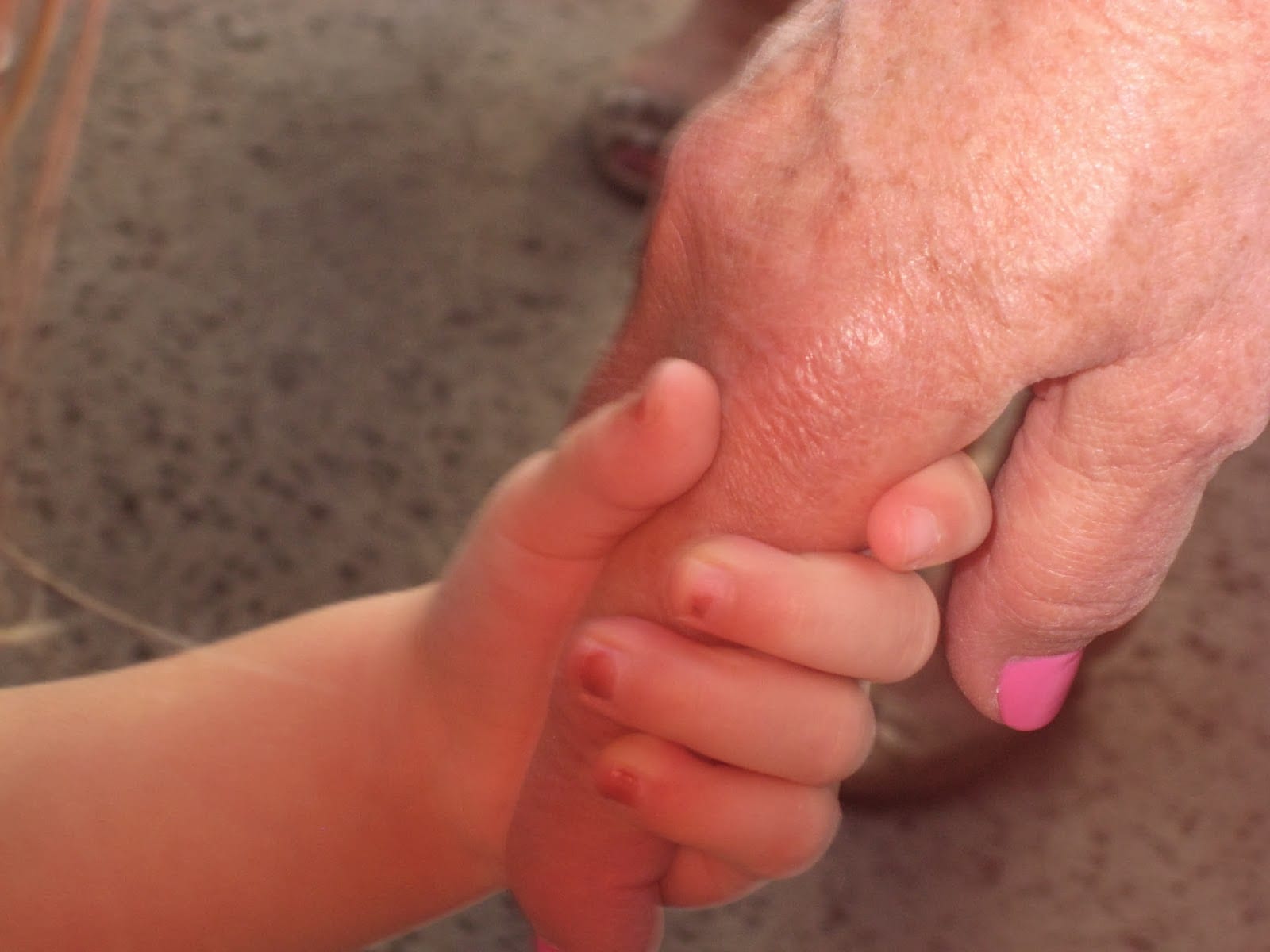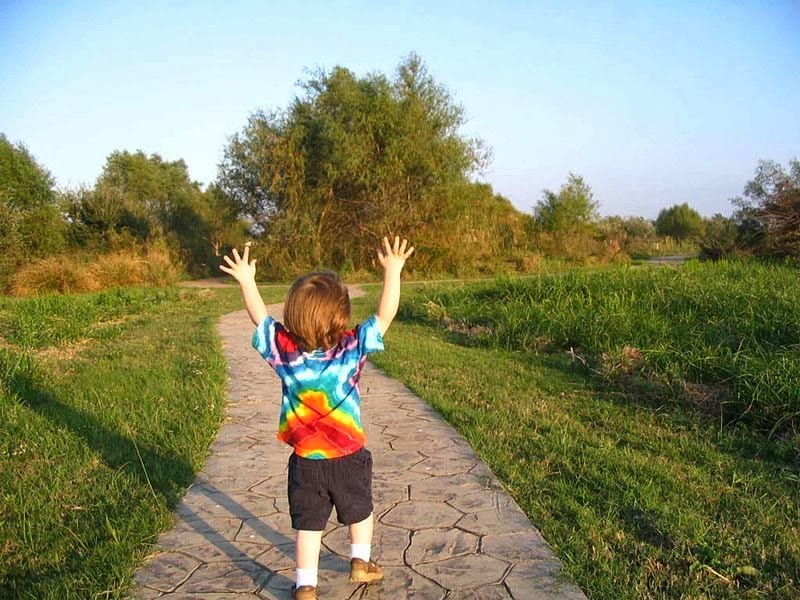
The past year has been an incredible time of learning for me, specifically around anti-racism and Whiteness. I say this not to pat myself on the back – honestly, I’m incredibly embarrassed that I haven’t done this work before – but to acknowledge how much I don’t know. I began, like many others, after the extrajudicial (read: unjustified, police) killing of George Floyd in Minneapolis, and have been lucky enough to have found a group of other white women with whom to do it. Through those interactions, I’ve learned of books and workshops and I recently joined a cohort of white people working with a group called Education for Racial Equity.
There are a series of lessons and interactions that will occur over the next nine months and after the first one, I am already making notes and observing my own thoughts and choices, and feeling that particular “brain on fire” sensation that happens for me when I know I am about to really deepen my understanding of something new. During the workshop yesterday, the leader played a short video of Dr. Ken Hardy speaking about relationships (one of my favorite topics, as you know if you read my posts often) and the notion of subjugated versus privileged self.
We talked about this in the context of trauma and individuals who have suffered trauma – specifically white people, since the entire group identifies as white. The idea is that, if you have suffered trauma, you formed a “subjugated” self at some point in your life. Whether that is because you’re a woman and you have been harassed or assaulted because of that gender identity, or if you’ve been denied specific opportunities or absorbed microaggressions directed at you because of that, etc., you have some part of you that identifies with that persona.
Because I am white, I also necessarily have privilege in all spaces. That doesn’t mean my trauma isn’t important and that it doesn’t deserve to be acknowledged, but in the first part of the speech, Dr. Hardy says that when we are in relationship and someone “is reaching out to me, in my privileged position … and I respond from a subjugated position…” that causes harm to the relationship. It stunts the possibility of coalition-building. This was my first “brain on fire” moment.
Immediately, I replayed times in my head when someone came to me for help or solidarity and I responded defensively – justifying my previous inaction or trying to explain why I couldn’t help now because of my subjugated self. I’ve made excuses for my choice not to act definitively – I can’t speak up in this meeting because I’m a woman and my position is precarious/nobody will believe me. I’ve justified my decision not to push beyond that first no – I can’t confront that person because it brings up fears of being verbally attacked that remind me of a painful time.
I recognize now that often, I was being asked to align myself and use my privilege as a white person to advocate for change and instead of acknowledging my privilege, I retreated to my subjugated self.
Later in the workshop, I had another moment of realization when another video played in which a white woman was talking about being in a group with many people of color and telling a story about an incredibly difficult time when her father was persecuted as a young boy because he was Jewish. She acknowledged that she was attempting to create a connection with many of the others in the room by illustrating that her family had experienced prejudice and something really terrifying, and it was only later when she was able to understand that telling that story caused harm to the other group members. At one point as she reflected on the incident, she said she realized that, while it truly was a horrific story and one that had impacted her family in a significant way, it wasn’t her “current reality.” Meaning that she was telling this story as a way to do something Brené Brown calls “hotwire connection,” as though her story was somehow equal to the current day reality of the people of color in the room. She was using her subjugated self to try and make a personal connection when what the people of color needed from her was for her to show up and acknowledge her privileged self.
The fact is, I have a subjugated self. I think we all do. And my subjugated self rarely affects my current reality with regard to privilege. While the person I am is certainly shaped and impacted by my trauma history, I do not leave my house every morning knowing that I will likely be treated poorly because of my status as a woman. I move through the world believing that I will be treated fairly for the most part. Yes, there may be catcalls or misogyny, and those are personal issues, but the systems through which I move regularly are not set up to malign me or ignore me or cause me significant effort to navigate. By and large, my subjugated self and the stories that accompany it are not my current reality. And if I want to create relationships and collaborations that will change these systems of oppression, I have to show up as my privileged self.
At the end of the video, Dr. Hardy tells a story of a man who blamed the elevator for nearly taking “my fricking arm off” as a way to talk about how we tend to resist self-awareness in favor of blaming the problem on something outside of ourselves. It was the elevator that was the problem, not the fact that the man stuck his arm in the door to try and stop it from closing all the way. All of us have had experiences like that, which is why the audience laughed so hard at the anecdote. But in relationship, it is even more important to try and develop some awareness of the choices we are making when we respond to others, and decide if those choices align with the goal we are shooting for. If I am choosing to respond to someone’s request for help with excuses about why I can’t do it or a story about my own hardship, is that more about getting them to respond to some need I have for comfort or solidarity than about using my position to lift us both up? When I think about it that way, I have to say it is. And that is ultimately not what I’m going for.
I have a feeling the next nine months are going to be mind-blowing and humbling for me. Stay tuned.




